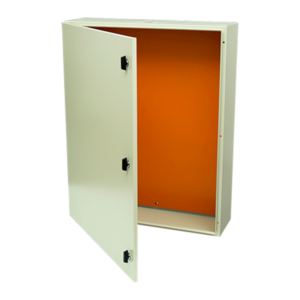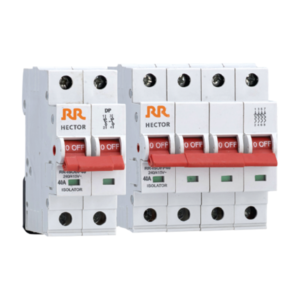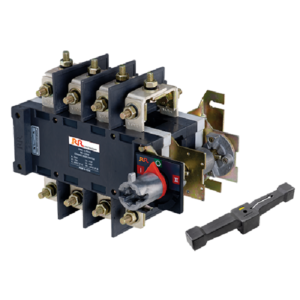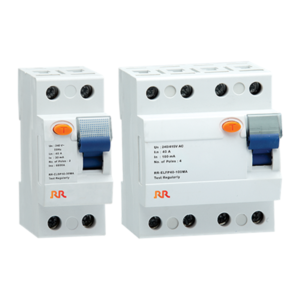Motor Control Centers (MCCs)
Motor Control Centers (MCCs) are centralized enclosures that house and control multiple electric motors. They are commonly used in industrial facilities and commercial buildings to provide a safe, efficient, and organized way to manage motor operations.
Key Components of an MCC:
Motor Starters: Devices used to start, stop, and control electric motors. They can be magnetic, solid-state, or combination types.
Circuit Breakers: Protective devices that interrupt the power supply to a circuit in case of overload or short circuit.
Fuses: Overcurrent protection devices that melt and open the circuit when excessive current flows.
Busbars: Conductors that distribute power to the individual motor starters.
Control Relays: Electrical switches that control the operation of motor starters based on various inputs.
Wiring: The electrical connections between the components within the MCC.
Types of MCCs:
Standard MCCs: These are general-purpose MCCs that can be customized to meet various application requirements.
Hazardous Location MCCs: Designed for use in areas with potentially explosive atmospheres, such as chemical plants and refineries.
Special Purpose MCCs: Tailored for specific applications, such as HVAC systems, pumping stations, or material handling equipment.
Benefits of Using MCCs:
Safety: Provide a safe and organized environment for controlling motors, reducing the risk of accidents.
Efficiency: Optimize motor performance and energy efficiency.
Reliability: Ensure reliable motor operation and minimize downtime.
Maintainability: Facilitate maintenance and troubleshooting by providing a centralized location for all motor control components.
Scalability: Can be easily expanded to accommodate additional motors as needed.
Choosing the Right MCC:
When selecting an MCC, consider the following factors:
Motor Sizes and Types: Determine the number, size, and types of motors that will be controlled.
Power Supply: Ensure the MCC is compatible with your power supply voltage and frequency.
Environmental Factors: Consider the environmental conditions where the MCC will be installed, such as temperature, humidity, and potential hazards.
Safety Standards: Choose an MCC that complies with relevant safety standards and regulations.
Budget: Determine your budget and select an MCC that offers the necessary features within your price range.






Reviews
There are no reviews yet.